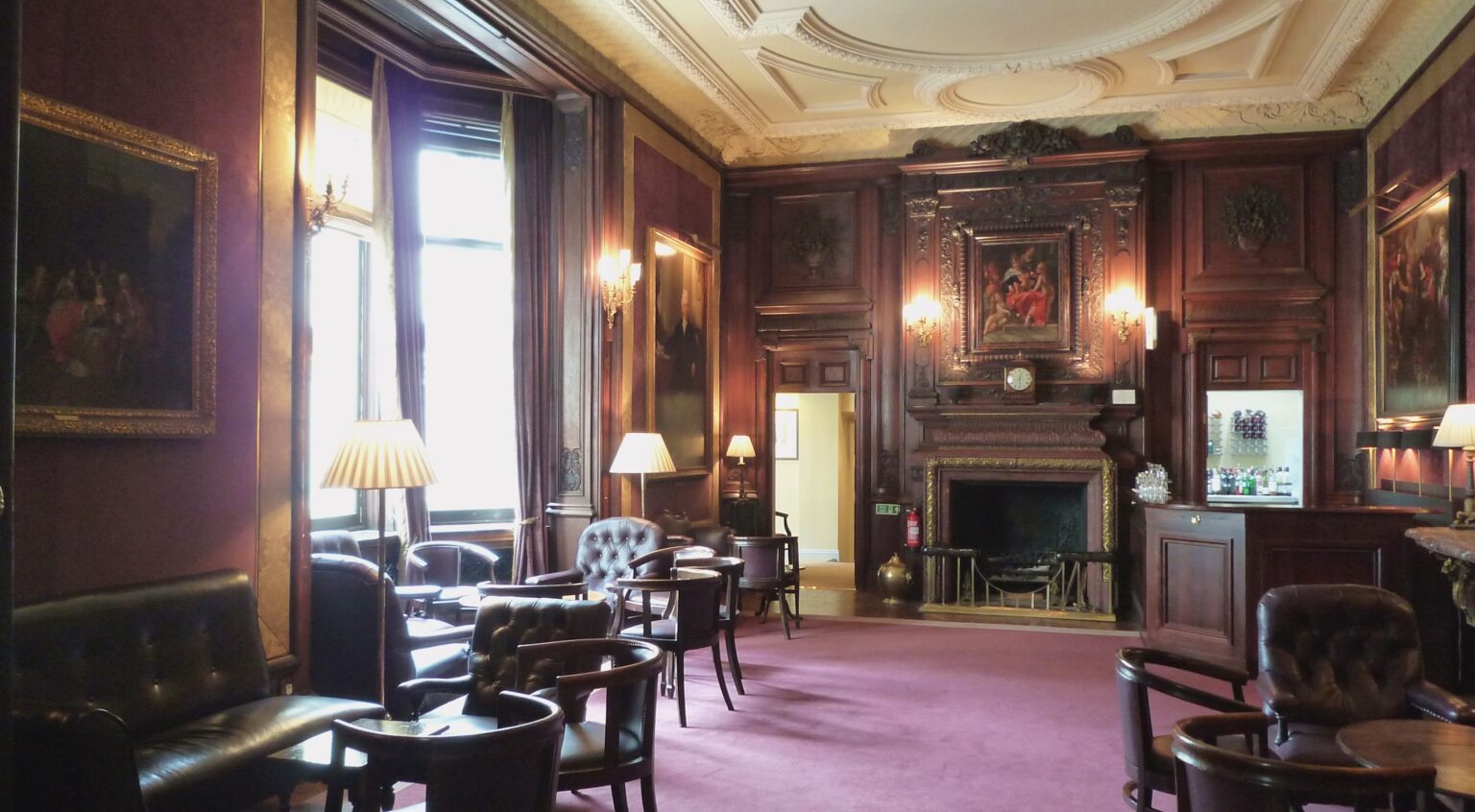
Gentlemen’s Clubs: A Glimpse into a Storied Tradition
Gentlemen’s clubs, steeped in tradition and exclusivity, have a long history that dates back to the 18th century. These establishments have evolved over time, shaping the way men socialize, network, and unwind. In this article, we’ll delve into the allure of Gentlemen’s Club, explore their historical significance, examine their modern-day counterparts, and discuss the controversies and cultural impact associated with them.
The Purpose and Appeal of Gentlemen’s Clubs
Gentlemen’s clubs are more than just places to gather; they are symbols of sophistication and refinement. These establishments offer a haven for men seeking an exclusive environment to socialize, discuss business matters, and enjoy leisure activities. The appeal lies not only in the luxurious ambiance but also in the sense of belonging to an elite community.
The History of Gentlemen’s Clubs
Originating in the 18th century as private meeting places for the aristocracy, gentlemen’s clubs were initially exclusive, male-only domains. Over time, they became hubs of intellectual exchange, where notable figures engaged in discussions that influenced literature, politics, and society. These clubs found their way into literature and media, further solidifying their place in cultural history.
Modern Gentlemen’s Clubs
The landscape of gentlemen’s clubs has evolved considerably. While some classic establishments maintain their exclusivity, others have embraced a more diverse membership and modern outlook. Contemporary gentlemen’s clubs recognize the changing dynamics of society, striving to create inclusive environments that cater to a broader range of interests.
Activities and Offerings
Beyond networking, modern gentlemen’s clubs offer a range of amenities to cater to various interests. Fine dining experiences, curated selections of cigars and spirits, and recreational facilities such as golf and billiards provide members with an array of choices to unwind and enjoy their leisure time.
Controversies Surrounding Gentlemen’s Clubs
Despite their allure, gentlemen’s clubs have not been without controversy. Debates about gender inclusivity and perceptions of exclusivity have sparked discussions about the relevance and role of such establishments in today’s world. Advocates argue that these clubs have adapted to changing times, while critics question their place in a more egalitarian society.
Cultural Impact and Representation
Gentlemen’s clubs have left an indelible mark on culture. References in literature, film, and television have immortalized the mystique surrounding these establishments. From suave spies to debonair gentlemen, pop culture has perpetuated the image of the gentlemen’s club as a hub of sophistication.
The Future of Gentlemen’s Clubs
As society evolves, so do traditions. Gentlemen’s clubs are no exception. To remain relevant, these clubs are embracing change. Some are integrating technology, offering virtual memberships and digital networking opportunities. Adapting to shifting norms, they are finding innovative ways to provide value to their members while preserving the essence that has defined them for centuries.
Conclusion
In the tapestry of history, gentlemen’s clubs hold a unique place, offering a glimpse into the past while adapting to the demands of the present. These establishments, with their storied legacy, continue to captivate individuals seeking an environment that combines exclusivity, camaraderie, and the pursuit of refined pleasures.
Frequently Asked Questions
Are gentlemen’s clubs still male-only spaces?
While some gentlemen’s clubs maintain a male-only policy, many have evolved to be more inclusive and diverse in their membership.
What kinds of activities are typically offered in modern gentlemen’s clubs?
Modern gentlemen’s clubs often offer fine dining, upscale bars, entertainment events, and recreational facilities like golf or billiards.
How have gentlemen’s clubs adapted to changing societal norms?
Gentlemen’s clubs have diversified their offerings, embraced inclusivity, and incorporated technology to engage a wider audience.
Are there any famous gentlemen’s clubs that have left a lasting cultural impact?
Yes, clubs like The Reform Club and The Garrick Club have been referenced in literature and media, contributing to their cultural significance.
Do gentlemen’s clubs still play a role in business networking?
Yes, many gentlemen’s clubs maintain their historical role as places for networking and discussing business matters in an exclusive setting.



